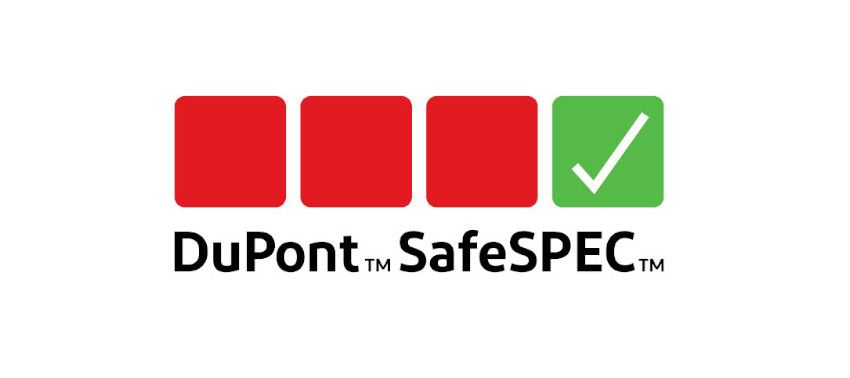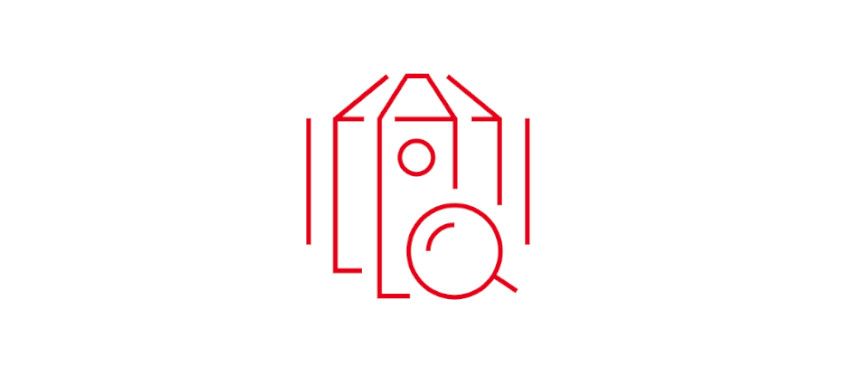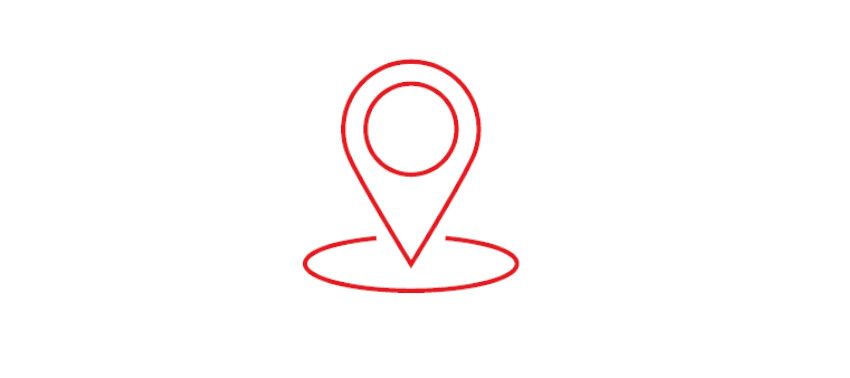DuPont™ Tyvek® Protects Bénéteau Shipyard Employees
At worldwide leading boat builder Bénéteau, each stage of the manufacturing process is carried out by hand. To protect manual workers from the hazards of the job, protective DuPont™ Tyvek® coveralls are worn.
For over a century, Bénéteau has been building fishing boats and yachts. Today, with six production units in France and one in the USA, Bénéteau has become one of the world’s leading boat builders.
In 1884 naval architect Benjamin Bénéteau set up his first shipyard in Saint-Gilles-Croix-de-Vie, France. In 1912, his first motor tuna boat set sail, which was to contribute greatly to his company’s expansion. In 1964, Bénéteau moved into the yacht market and has never looked back.
Bénéteau takes pride in a job well done, keeping the pleasure and safety of yachtsmen in mind. Aside from yachting, which takes up the lion’s share of the group’s business, Bénéteau also uses its resources to build houses, chalets, and vehicles that do not require a driving licence.
Importance of personnel safety
For all its constructions, Bénéteau uses vast quantities of polyester, which is applied in moulds to make both hulls and decks. In Saint-Gilles-Croix-de-Vie, Christian Cardineau, Plant Director, pays special attention to safety. He pointed out that “as we have expanded, the safety of our personnel has become a determining factor for our company”.
Each boat-building stage is carried out in precise order, starting at the moulding and flashing workshops, following on to the assembly line where interior and exterior equipment is added on, then on to the testing dock and finally the delivery zone. Everything is done by hand; none of the various preparation phases have been automated.
For moulding and flashing, the company’s safety department has made protective suits compulsory. These are areas in which the workers carry out a great number of manual operations and are particularly exposed to projections of pulverised polyester, or the propagation of fine particles of dry matter.
In the moulding workshop, workers cut out, then project polyester fibre on a coating of solvent-based resins using a spray gun. Another operator then uses rollers to smooth out and process each square centimetre of surface. All moulding workers are required to wear Tyvek® coveralls.
The temperature inside the buildings is monitored constantly to control the evolutions of raw material, especially polyester. Temperatures vary from 15°C in winter to 33°C at the height of summer. The workers appreciate the lightness and breathability of their Tyvek® protective suits, which, even during heat waves, allows them to carry out their various tasks in comfort.
In the flashing workshop, another important and delicate operation is carried out. Here, workers operate in an atmosphere charged with fine particles of dry matter generated by the grinders which are used to sand down and finish the structures from the moulding workshop. Maximum protection is required for these workers who, in addition to their Tyvek® suits, also use safety goggles, gloves and respirators.
Proven safety
DuPont™ Tyvek® suits and arm guards were selected after a series of tests carried out by the Bénéteau doctor, nurses and Safety Department to ensure that each worker would have effective protection from all types of work-related exposures.
Dr Grossin and Mr Guittonneau, in charge of safety training at Bénéteau, pointed out: “Badly designed suits can lead to dermatitis linked to contact allergies, through exposure to the chemicals that make up polyester resins, or mechanical or friction related irritations caused by fibres and dust. These conditions require costly treatment and lead to periods of sick leave that can last for several weeks”.
The sheer sturdiness of DuPont Personal Protection suits has been monitored strictly. Properties appreciated by the users themselves were their quality, solidity and comfort, guaranteeing greater freedom of movement. Having recognized the suits as quality products, the Bénéteau Safety Department makes sure that they are changed after each use.
An original tool, the Bénéteau catalogue
As a measure of just how important employee safety is, Mr Guittonneau has developed an original tool for all the Personal Protective Equipment used on production sites: the Bénéteau-referenced PPE catalogue. This unique, regularly updated catalogue features all the accessories and references available to help optimise the placing of orders.


